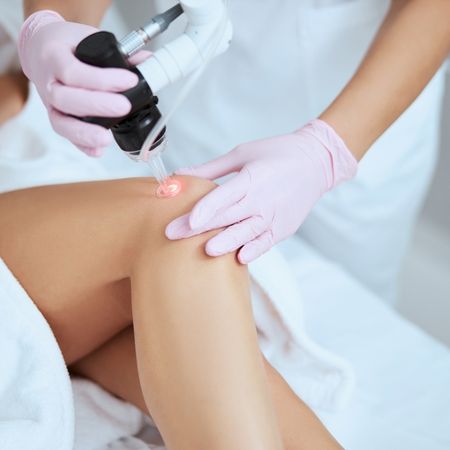Overview: Peripheral Edema

Peripheral edema is the accumulation of fluid in the tissues and spaces outside of the blood vessels. It can affect any area of the body, but is most common in the legs and feet. Edema can be caused by a variety of factors, including gravity, pregnancy, and certain medications. In most cases, edema is not a serious condition and can be treated with home remedies, such as elevation and compression stockings. However, in some cases, edema can lead to more serious problems, such as skin infections.
What is peripheral edema?
Peripheral edema is the accumulation of fluid in the tissues and spaces outside of the blood vessels. It can affect any area of the body, but is most common in the legs and feet.
Edema can be caused by a variety of factors, including gravity, pregnancy, and certain medications. In most cases, edema is not a serious condition and can be treated with home remedies, such as elevation and compression stockings. However, in some cases, edema can lead to more serious problems, such as skin infections.
What are the symptoms of peripheral edema?
The most common symptom of peripheral edema is swelling in the affected area. The swelling may be mild or severe, and it may come on suddenly or gradually. Other symptoms of peripheral edema may include:
-Skin that is shiny or stretched-looking
-A feeling of heaviness or tightness in the affected area
-Aching or discomfort
-Difficulty moving the affected limb
What are the causes of peripheral edema?
There are many possible causes of peripheral edema, including gravity, pregnancy, and certain medications.
Gravity
One of the most common causes of peripheral edema is gravity. When you stand or sit for long periods of time, gravity pulls the fluid in your body downward, causing it to pool in your legs and feet. This is why you may notice that your feet and ankles swell after a long day of standing or sitting.
Pregnancy
Pregnancy can also cause peripheral edema. This is because the extra weight of the baby puts pressure on the veins in the pelvis, which can cause the valves in these veins to become damaged. This allows blood and fluid to leak out of the veins and into the surrounding tissue, causing swelling.
